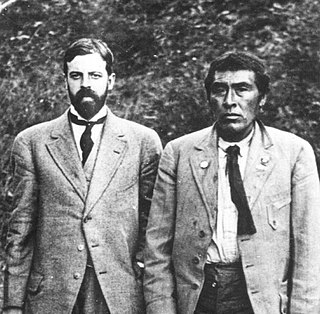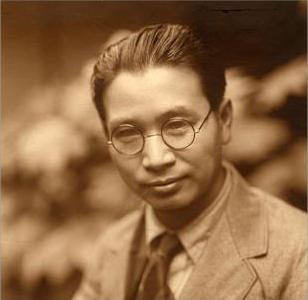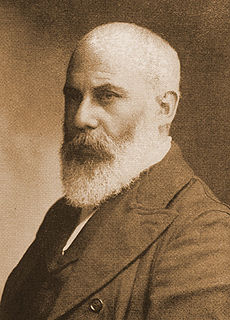A Quote by Ralph Waldo Emerson
The flowering of civilization is the finished man, the man of sense, of grace, of accomplishment, of social power--the gentleman.
Quote Topics
Related Quotes
All civilization in a sense exists only in the mind. Gunpowder, textile arts, machinery, laws, telephones are not themselves transmitted from man to man or from generation to generation, at least not permanently. It is the perception, the knowledge and understanding of them, their ideas in the Platonic sense, that are passed along. Everything social can have existence only through mentality.
The only man who has the right to say that he is justified by grace alone is the man who has left all to follow Christ. Such a man knows that the call to discipleship is a gift of grace, and that the call is inseparable from the grace. But those who try to use this grace as a dispensation from following Christ are simply deceiving themselves.
Oh, from what heights of blessing it is possible for a man to fall! To what depths of sin a man can descend, even with all that spiritual background! The higher the pinnacle of blessing, authority, and publicity he has attained by grace, the deeper and more staggering can be his collapse. There is never a day in any man's life but that he is dependent upon the grace of God for power and the blood of Jesus for cleansing.
Not everything in man's life is summed up in the problem of food. Anyone who thinks that a civilization can be founded on bread alone makes a great mistake. No matter how much bread there is, it cannot produce a man: it can only nourish him. Life exists before food. Man's life comes from the very origin of life. Therefore civilization does not follow the forms of production. All social life follows the action of life.
Is not life exactly what it ought to be, in a certain sense? Isn't it only the naive who find all of this baffling? If you've a notion of what man's heart is, wouldn't you say that maybe the whole effort of man on earth to build a civilization is simply man's frantic and frightened attempt to hide himself from himself?
When man faces man the one attempts to put the other to sleep and the other continuously wants to maintain his uprightness. But this is, to speak in the Goethean sense, the archetypal phenomenon of social science. This sleeping-into we may call the social principle, the social impulse of the new era: we have to live over into the other; we have to dissolve with our soul into the other.
To be clear, civilization is not the same as society. Civilization is a specific, hierarchical organization based on 'power over.' Dismantling civilization, taking down that power structure, does not mean the end of all social order. It should ultimately mean more justice, more local control, more democracy, and more human rights, not less.










































